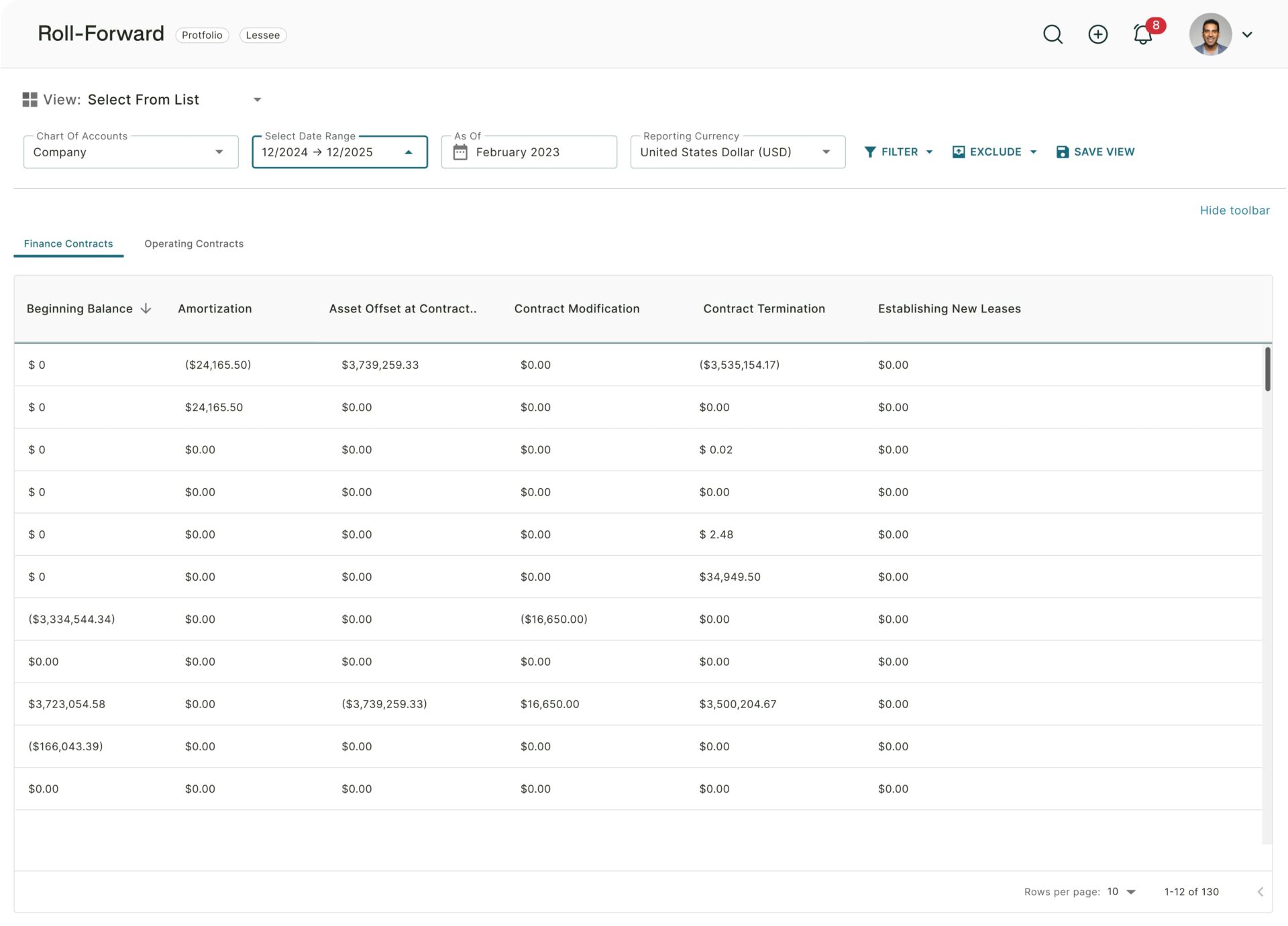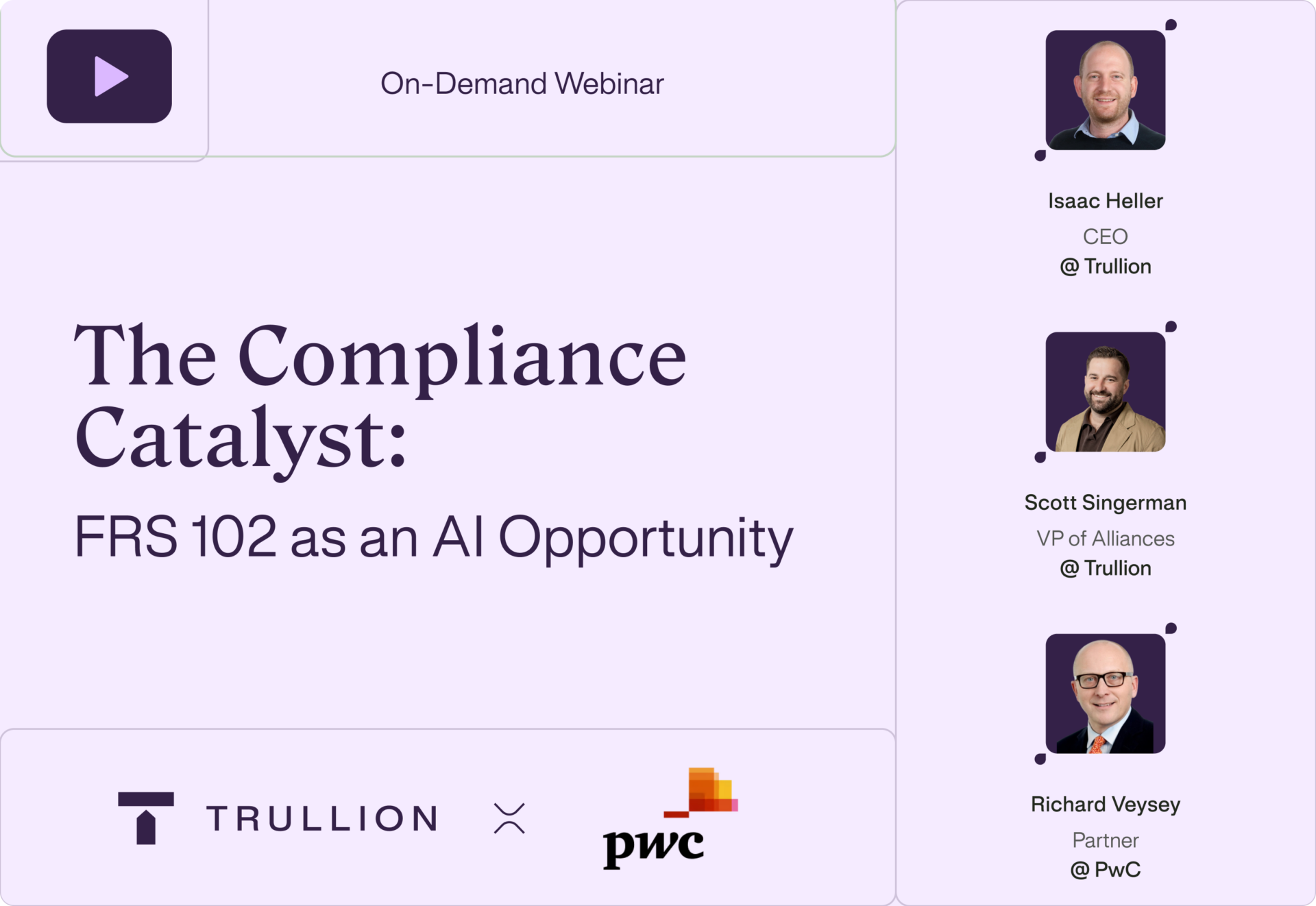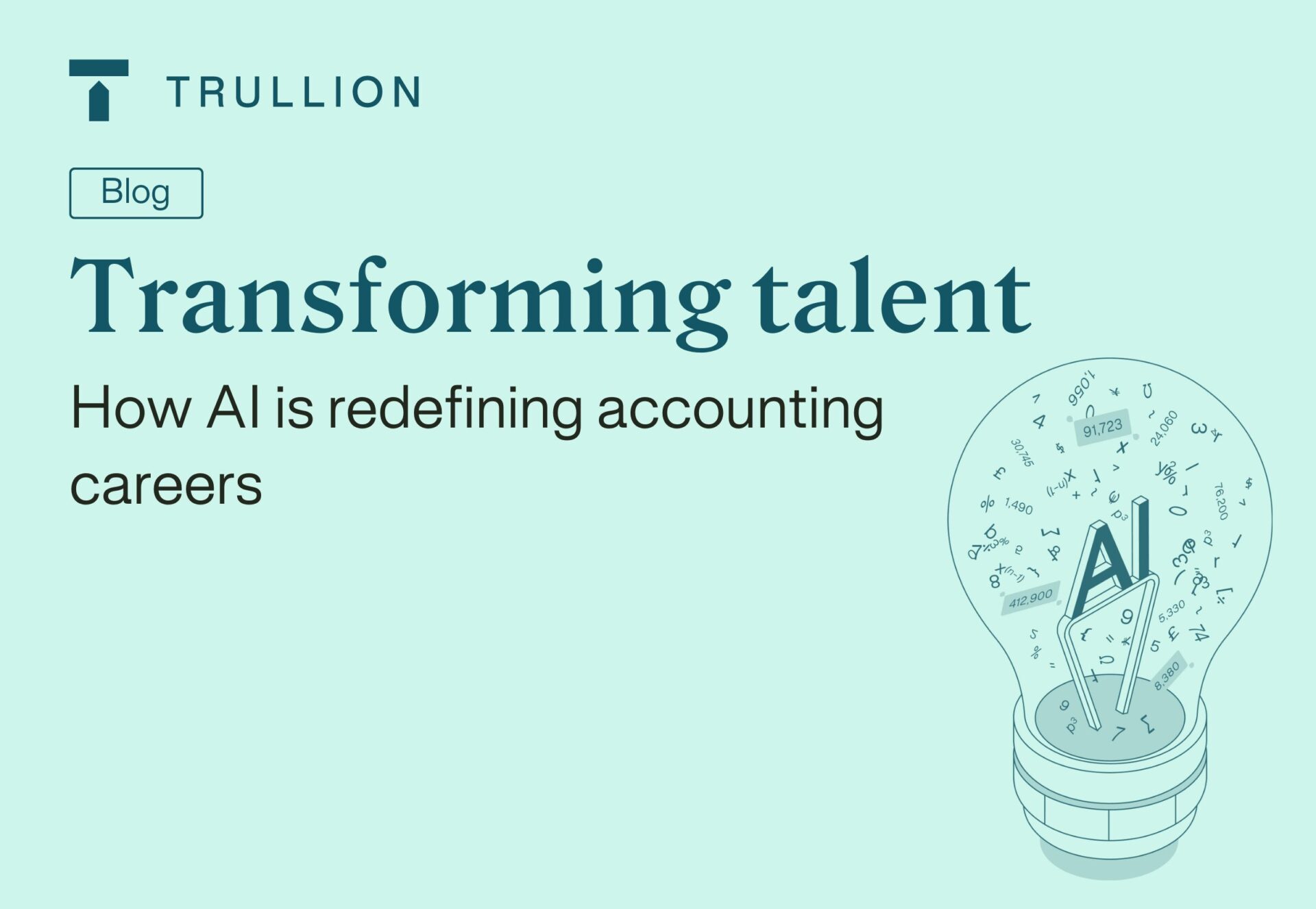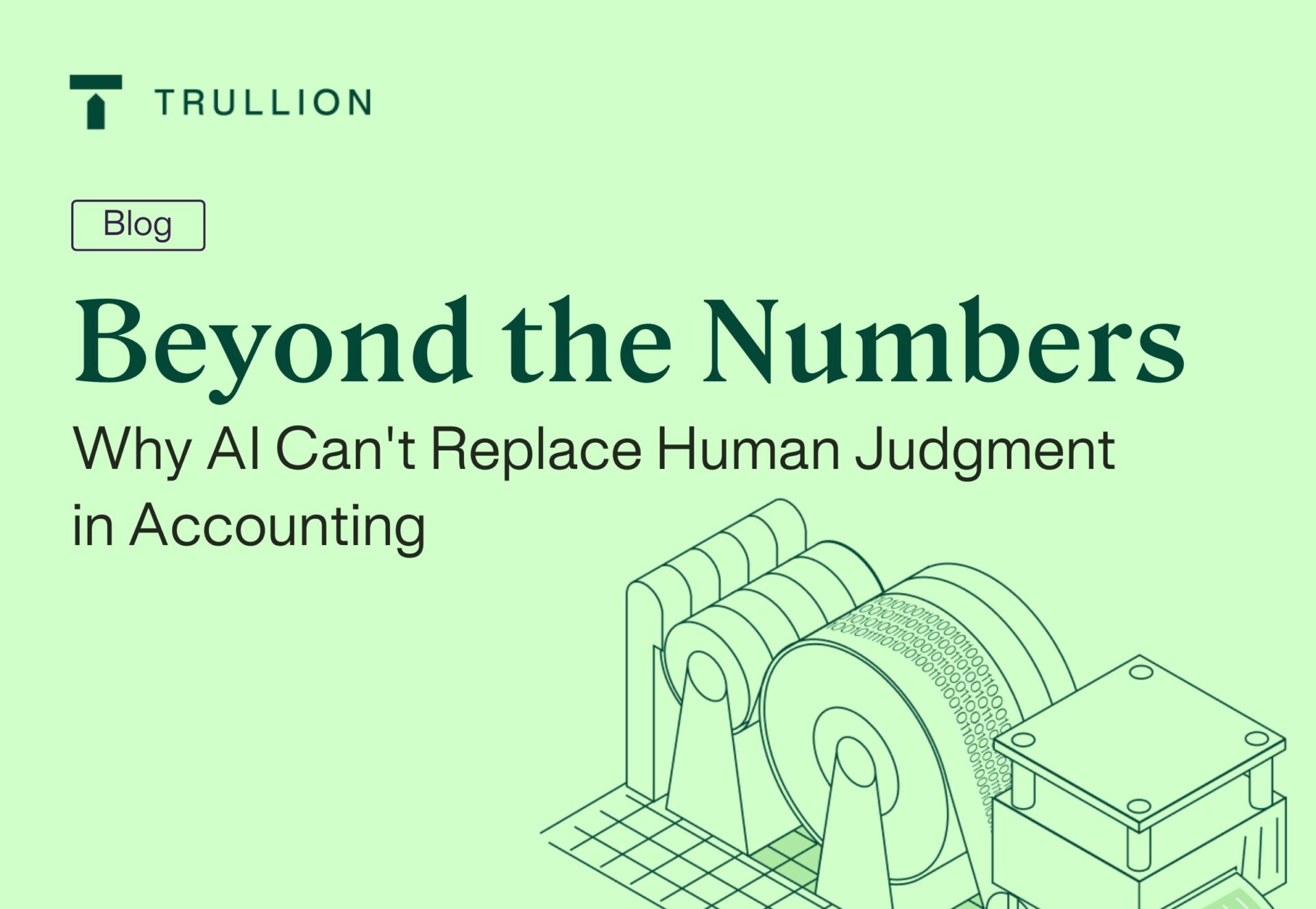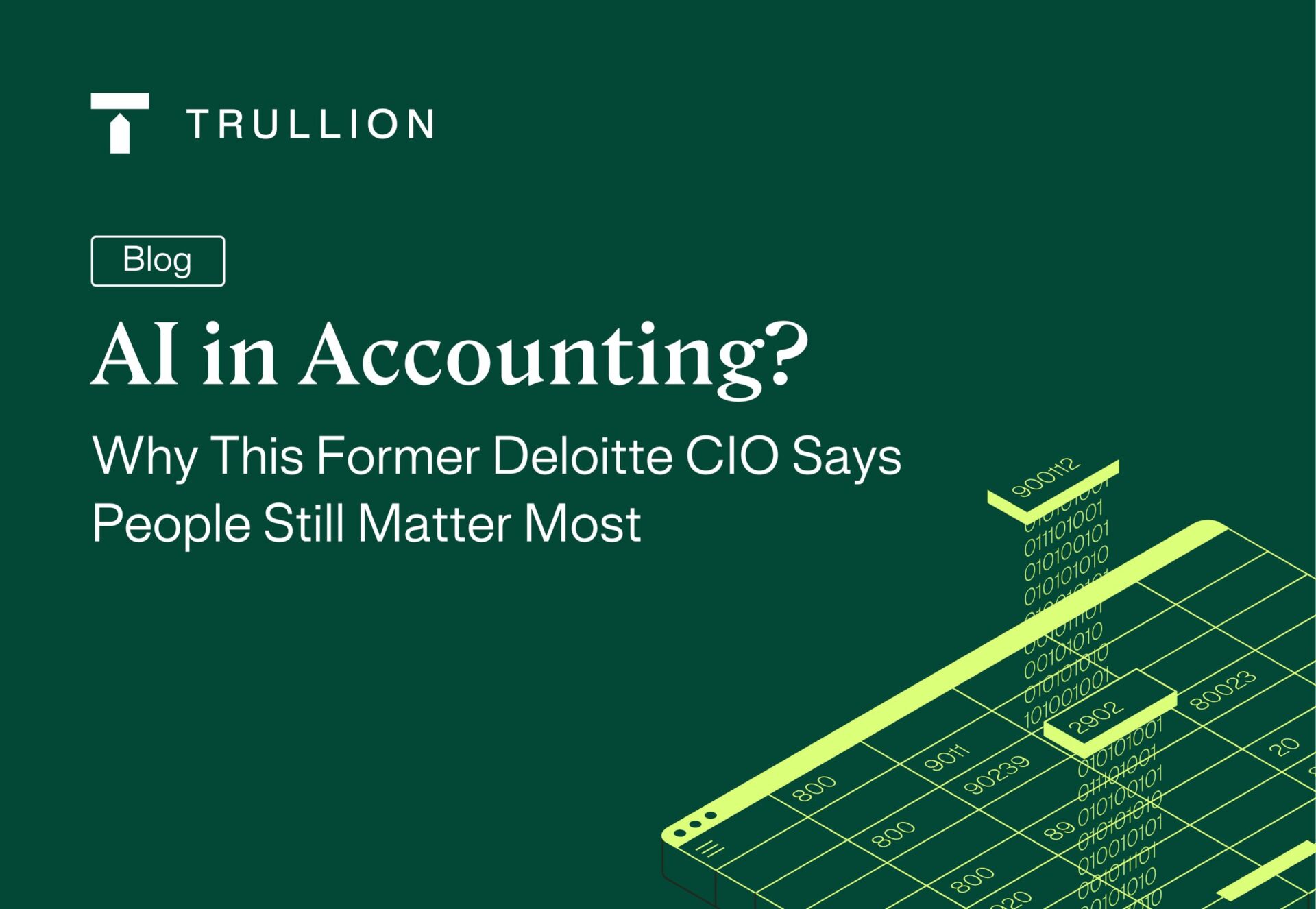It’s a question that many people have: how will AI impact my job? And although there is an air of reluctance or a dystopian fear that robots will take over the world, Trullion sees it as a shift in the workplace dynamic for the better.
“The dominant paradigm is a human paired with an AI copilot. Humans do most of the work, and AI copilots augment our capabilities. But in the next few years, we might see more examples of the reverse: AI agents will perform the majority of the work, and humans will check and edit the outputs,” says Blake Oliver, host of The Accounting Podcast in a recent episode of the “AI: Accounting Intelligence” podcast. Along with host Isaac Heller, CEO and Co-Founder of Trullion, the pair discussed the revolutionary impact of artificial intelligence on the world of finance—a transformation that’s happening right now, not in some distant future.
As they explore, AI is rapidly shifting accounting from a historical reporting function to a real-time strategic advisory role. This change brings both challenges and exciting opportunities for accounting professionals.
AI in accounting: From niche to mainstream
A few years ago, AI in accounting conversations took place on the fringes of the profession. Today, those whispered discussions have become mainstream dialogue.
“It’s not just the ‘cool kids,’ says Oliver. “The big venture capital firms all publish blog posts about AI, accounting, and accounting technology,” he says.
This surge of interest isn’t hype—it’s a recognition of AI’s potential to revolutionize the accounting profession. From automating routine tasks like data entry and reconciliations to providing real-time financial insights and predictive analytics, AI is poised to transform every aspect of accounting.
One trend discussed in the episode is “vertical AI”—AI solutions tailored specifically for industries like accounting. As Heller explains, “Professional services as a whole, from the big four to Accenture to big BPO shops, that’s a huge vertical.” This specialization allows AI to tackle the unique challenges and requirements of the accounting profession, such as dealing with complex regulatory environments, handling sensitive financial data, and providing industry-specific insights.
Startups like Field Guide, Karbon, Canopy, and Floqast attest to the rise of vertical AI in accounting. These companies are developing AI-powered tools to address specific accounting needs, from audit workflows to financial close management. As these solutions become more sophisticated, they’re not just automating tasks but augmenting human capabilities and enabling accountants to provide more strategic value.
Maneuvering the AI landscape: Current state and challenges
While the potential of AI in accounting is enormous, the reality on the ground is more nuanced and gradual.
- Legacy tools
Heller says, “Many auditors and accounting firms are still in SharePoint and Excel, and so I don’t see them going to AI agents tomorrow. I see them going to some automated workflows and then the agents kind of taking them slowly along for the ride.”
- Data disparity and overload
But mindset isn’t the only challenge to widespread adoption of AI tools in accounting. AI needs to be trained on vast amounts of data to do its job. “The problem of yesterday is the problem of today. And the problem of yesterday is that we couldn’t get a complete data set, whether you’re a corporate controller and don’t have access to the data or an auditor who needs to pull all the different siloed files. And if you rely on the ERP, more than 50% of the data is outside of the ERP. So, it’s a cool futuristic idea, but the finance stack is a mess,” Heller says.
- Slow adoption of cloud-based solutions
Cloud adoption is another challenge. Oliver notes, “We haven’t even seen any of these early or later-stage startups go public yet. That to me indicates there’s still a lot of room to grow for these companies that most enterprise companies, are not actually using modern cloud-based workflow software yet.”
The future of accounting: AI as a strategic partner
AI’s evolution in accounting will make it a strategic partner rather than a threat. One of AI’s greatest benefits could be addressing the talent shortage in the industry. “Seventy-five percent of CPAs could retire in the next ten years,” says Oliver. Instead of replacing jobs, AI is expected to augment professionals, enabling them to manage higher workloads and focus on more value-added tasks.
AI also holds the promise of improving work-life balance in an industry known for long hours. By automating time-consuming tasks like data entry and reconciliations, accountants can focus on strategic work, potentially within a standard workweek. “We don’t have to work more than 40 hours a week, and we can do it remotely,” Oliver predicts.
AI is not just the future of accounting—it’s already here, reshaping the profession in real-time. To explore these trends and learn how to prepare, listen to the full AI: Accounting Intelligence podcast episode.


